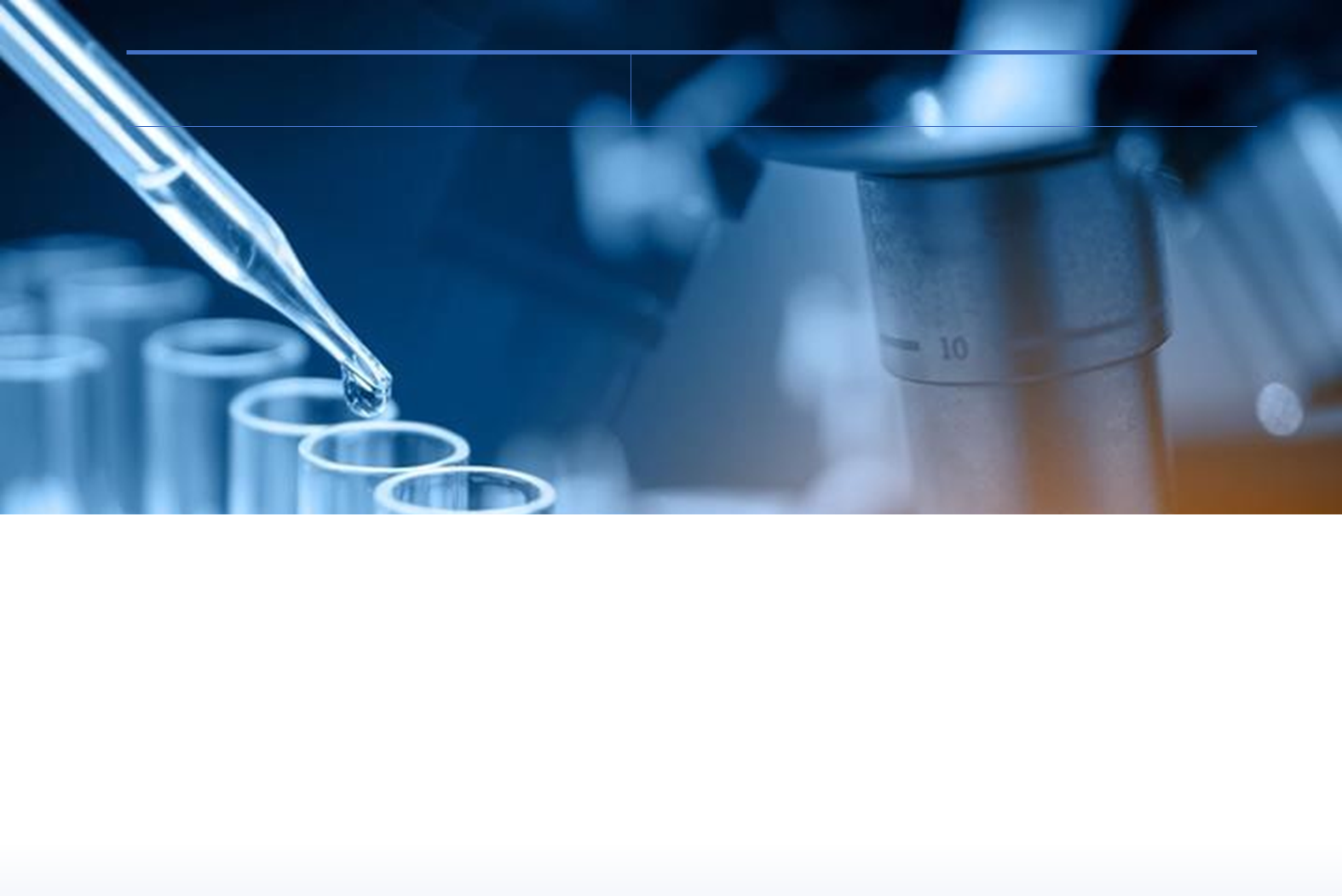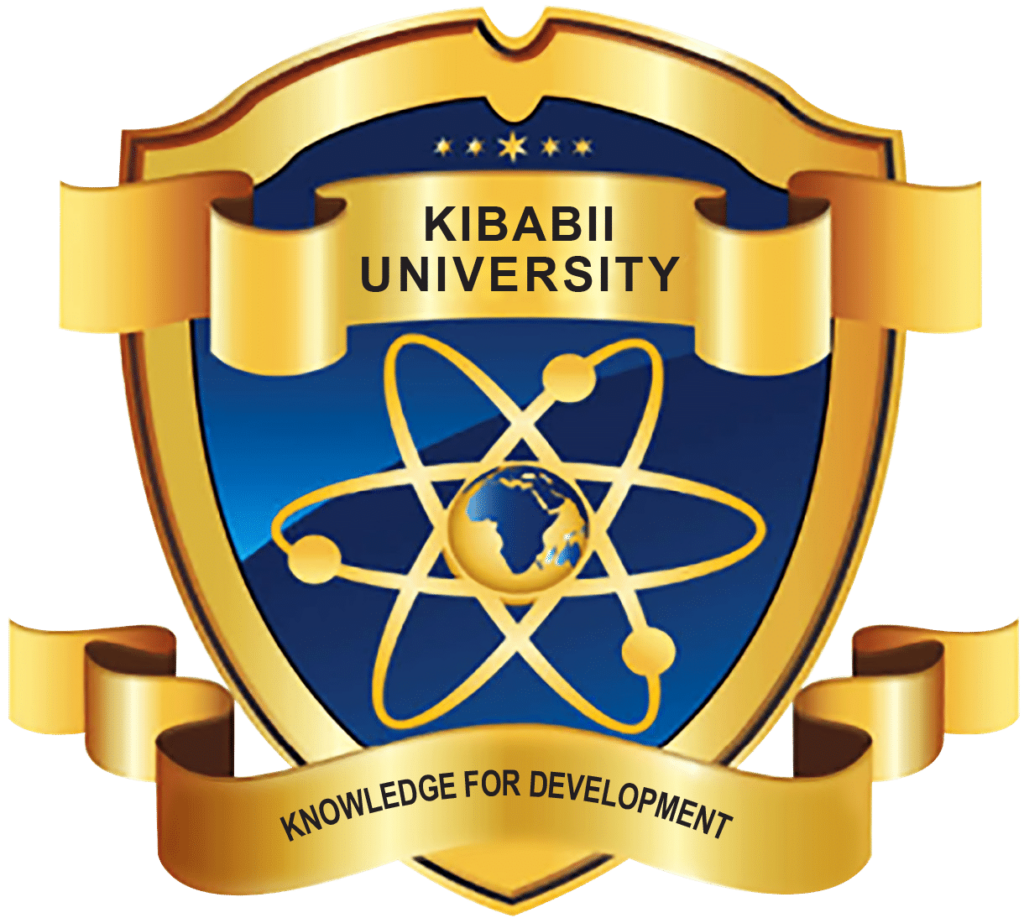By Joseck Olukusi Alwala
Despite advances in the health sector, there exist challenges in laboratory operations and the quality of results. This calls for the establishment and maintenance of laboratory quality standards to ensure desirable characteristics of products and services such as quality, safety, reliability, efficiency and reproducibility. The adopted standards should embrace both management as well as technical requirements for medical laboratories.
According to World Health Organization, a well maintained laboratory is important for several reasons including: ensuring the quality and traceability of patients’ results, supporting clinical and public health decision-making, procuring equipment, use of standard techniques and reagents, sharing documentation, training programs, quality assurance, meeting requirements for reimbursement for national insurance schemes, and compliance with national or international accreditation and licensing systems.
Scientific studies show that all laboratory activities may be subject to errors, and this can occur in all the phases of diagnostic procedures. The quality of results from the medical field is affected by the following eleven factors: incorrect test request or test selection, incomplete laboratory request forms, incorrect specimen collection or labelling, use of faulty equipment, improper use of equipment, use of substandard or expired chemicals, incorrect reagent preparation and storage, incorrect technical procedures, non-adherence to standard operating procedures (SOPs) or internal quality control (IQC), inaccurate reporting and recording, inaccurate calculations, computation or transcription, return of results to the clinician too late to influence patient management and incorrect interpretation of results. The good news is that this can be prevented by developing quality standards in consultation with stakeholders comprising key individuals in the Ministry of Health and other relevant government departments, the national laboratory focal point, national regulatory authorities and key

stakeholders that include donors and partner agencies such as World Health Organization (WHO), clinical and public health physicians, disease program managers, representatives of relevant professional societies, research and training institutions, legal advisers, health administrators and representatives from the laboratory network, including nongovernmental and private laboratories.
The medical laboratory should have a document or booklet, which describes the range and scope of the services available, working hours, emergency services available, types of samples and containers to be used for each test and turnaround time (TAT) for results. Administrative and technical procedures in the laboratory must be subject to a quality monitoring process developed with the help of relevant laboratory staff. There must be documentation of each process using a step-by-step approach. It is the responsibility of heads of laboratories to ensure that each document is understood and all processes are fully implemented by laboratory staff.
The laboratory must have adequate space that is properly organized so that the quality of work and the safety of staff, patients, customers and visitors is not compromised. Measures must be taken to ensure good housekeeping. Laboratory section leaders should arrange equipment and work stations to ensure efficient and convenient workflow.
There is an urgent need to employ laboratory heads with the relevant training and competence to take responsibility for managing the laboratory. This improves the accuracy of health information and promotes effective national health planning.
Joseck Olukusi Alwala, is the Head of Chemistry Laboratories, Kibabii University, and Organizing Secretary, Kenya Chemical Society, Western Chapter.

